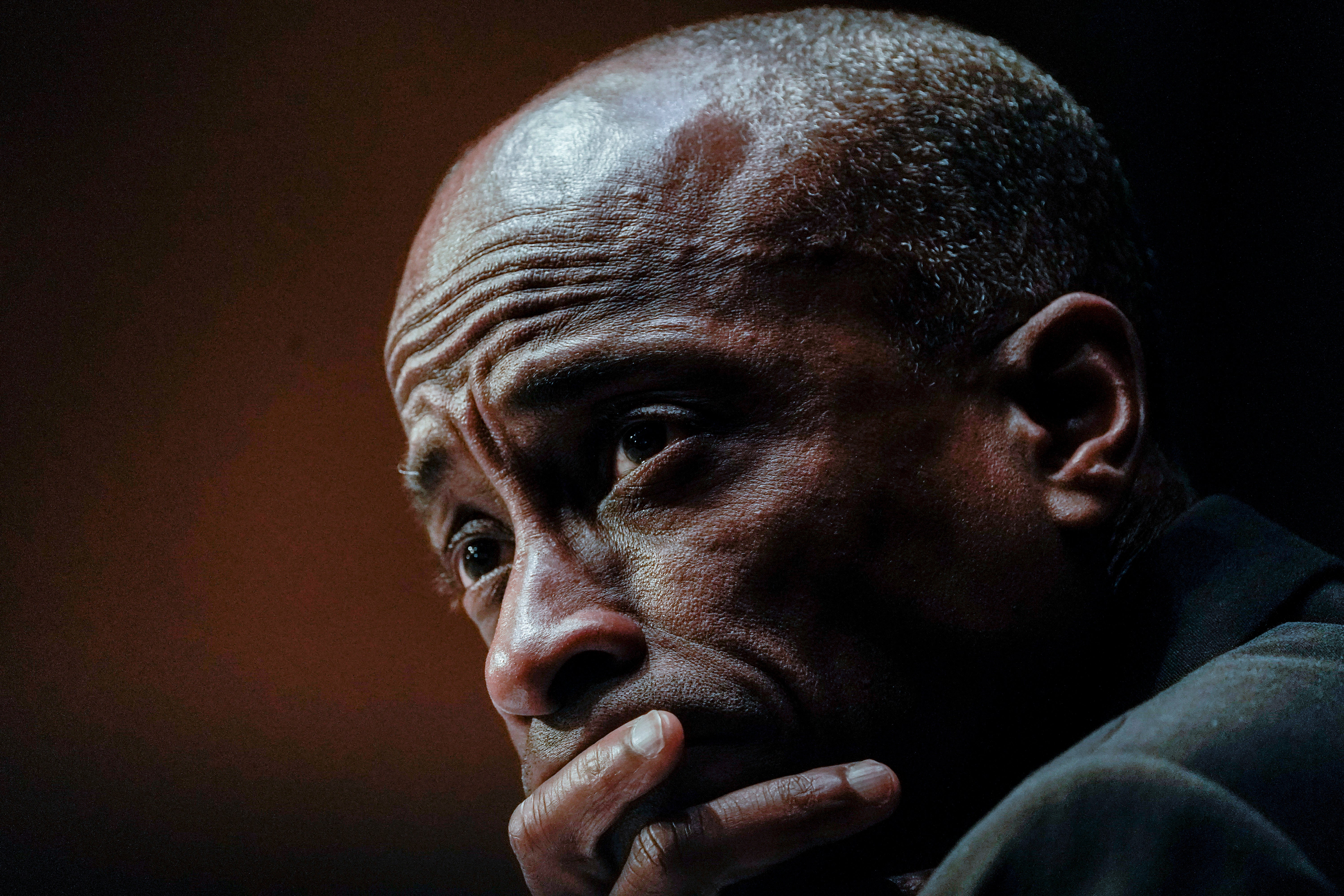2 Federal Reserve officials say spike in bond yields may allow central bank to leave rates alone
Two Federal Reserve officials suggested that the central bank may leave interest rates unchanged at its next meeting in three weeks because a surge in long-term interest rates has made borrowing more expensive and could help cool inflation without further action by the Fed

Two Federal Reserve officials suggested Monday that the central bank may leave interest rates unchanged at its next meeting in three weeks because a surge in long-term interest rates has made borrowing more expensive and could help cool inflation without further action by the Fed.
Since late July, the yield, or rate, on the 10-year U.S. Treasury note has jumped from around 4% to about 4.8%, a 16-year high. The run-up in the yield has inflated other borrowing costs and raised the national average 30-year mortgage rate to 7.5%, according to Freddie Mac, a 23-year high. Business borrowing costs have also risen as corporate bond yields have accelerated.
Philip Jefferson, vice chair of the Fed's board and a close ally of Chair Jerome Powell, said in a speech Monday to the National Association for Business Economics that he would “remain cognizant” of the higher bond rates and “keep that in mind as I assess the future path of policy.”
Jefferson's comments followed a speech to the NABE earlier in the day by Lorie Logan, president of the Federal Reserve Bank of Dallas and a voting member of the Fed's rate setting committee, who also indicated that higher long-term bond rates could help serve the central bank's efforts to slow inflation to its 2% target.
Since March of last year, the Fed has raised its benchmark short-term rate 11 times, from near zero to roughly 5.4%. The rate hikes have been intended to defeat the worst bout of inflation in more than 40 years. But they have also led to much higher borrowing rates and sparked worries that they could trigger a recession.
“If long-term interest rates remain elevated ... there may be less need to raise the Fed funds rate,” Logan said, referring to the Fed's benchmark rate.
Bookmark popover
Removed from bookmarks